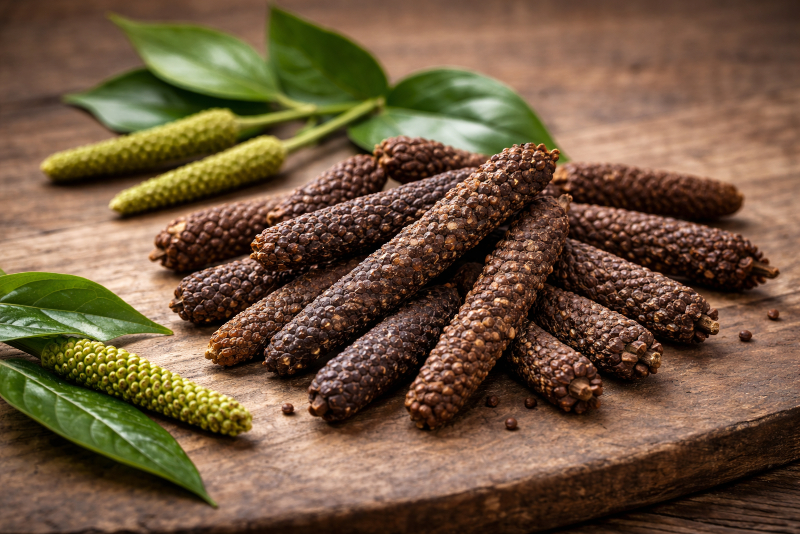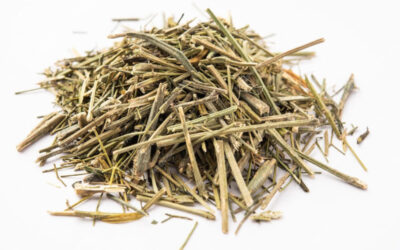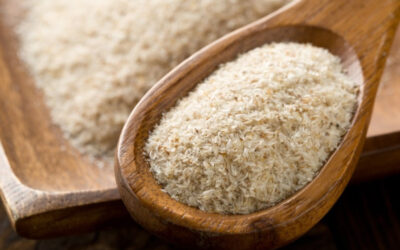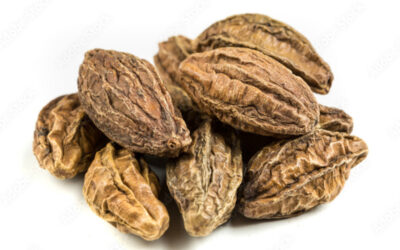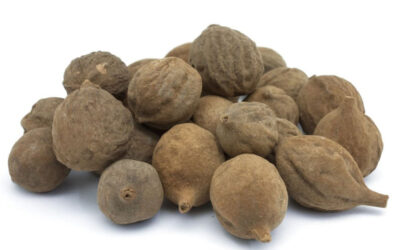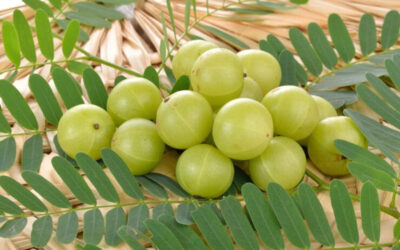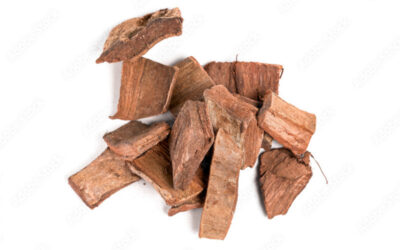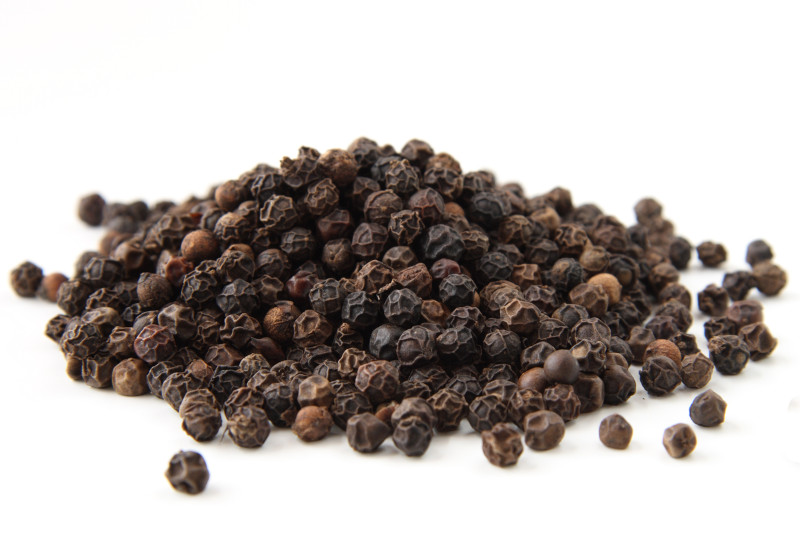
Available in 5 and 25 Kg packs
Product Details
Origin: India
Production: India 2nd largest producer of Black Pepper in the world
Name: Black Pepper, Generic Name : Piper nigrum
Nomenclature: Black pepper, (Piper nigrum), perennial climbing vine of the family Piperaceae.
Brief History:
Black pepper is native to the Malabar Coast of India . Widely used as a spice around the world, The word pepper derives from Old English pipor, Latin piper, and Greek: The Greek likely derives from Dravidian pippali, meaning “long pepper”, Sanskrit pippali shares the same meaning.
In the 16th century, people began using pepper to also mean the New World chili pepper (genus Capsicum), which is not closely related.
Physical Properties:
The black pepper plant is a woody climber and may reach heights of 10 metres (33 feet) by means of its aerial roots. Its broad shiny green leaves are alternately arranged. The small flowers are in dense slender spikes of about 50 blossoms each. The fruits, which are sometimes called peppercorns, are drupes about 5 mm (0.2 inch) in diameter. They become yellowish red at maturity and bear a single seed. Their odour is penetrating and aromatic; the taste is hot, biting, and very pungent.. Ground black pepper contains up to 3 percent essential oil.
Health benefits of Black pepper
- Black pepper disease-preventing and health-promoting properties. Used form centuries for their anti-inflammatory, carminative, and anti-flatulent properties.
- Peppercorns are composed of health-benefiting essential oils such as piperine, an amine alkaloid, that gives a strong spicy pungent character.
- The peppercorns may increase gut motility as well as digestion power through augmenting gastrointestinal enzyme secretions.
- Black peppercorns contain a good amount of minerals like potassium, calcium, zinc, manganese, iron, and magnesium. Potassium is an important component of cells and body fluids that helps control heart rate and blood pressure.
- Black peppercorns contain Manganese is used by the body as a co-factor for the antioxidant enzyme, superoxide dismutase. Iron is essential for cellular respiration and blood cell production.
- They are also an excellent source of many vital B-complex groups of vitamins such as Pyridoxine, riboflavin, thiamin, and niacin.
- Peppercorns are a good source of many anti-oxidant vitamins such as vitamin-C and vitamin-A and also rich in flavonoid polyphenolic anti-oxidants like carotenes, cryptoxanthin, zeaxanthin, and lycopene. These compounds help the body remove harmful free radicals and help protect from cancers and diseases.
Nutritional Value: 100 g of Clove contains energy 251 kcal, and water 12.5 g
Ingredients: Energy 251 kcal, Protein 10.4 g, Total lipid (fat) 3.26 g, Ash 4.49 g, Carbohydrate, by difference 64 g, Fiber, total dietary 25.3 g, Sugars, total including NLEA 0.64 g, Sucrose 0.02 g, Glucose 0.24 g, Fructose 0.23 g, Galactose 0.15 g, Calcium 443 mg, Iron 9.71 mg, Magnesium 171 mg, Phosphorus 158 mg, Potassium 1330 mg, Sodium 20 mg, Zinc 1.19 mg, Copper 1.33 mg, Manganese 12.8 mg.
Uses:
- As a Food Condiment: The use of pepper as a seasoning/condiment, on its own or in spice blends, is on the increase with the growing popularity of snacks, ethnic foods, ready-to-cook meals as well as healthy low-sugar and salt foods especially in the developed countries. White pepper is less aromatic than black pepper but has special applications, as in white sauces.
- As a Preservative: The value of pepper as a natural preservative for meat and other perishable foods has been known for centuries this is due to the anti-oxidant and anti-microbial properties present in pepper.
- Medicinal Uses: Pepper is an important ingredient in Ayurvedic, Chinese, Unani and other traditional medicines. The main therapeutic uses of pepper are as a digestive and as a tonic.
- Culinary uses:
-
- While black pepper has been a staple in Indian and Chinese cuisine since ancient times, its widespread use as a flavor enhancer has persisted into the contemporary world. The pungent and slightly spicy taste of black pepper adds depth and complexity to a variety of dishes.
- Whether incorporated into marinades, rubs, or sprinkled directly on food during or after cooking, black pepper continues to enhance the overall taste profile, making it a versatile seasoning for both savory and even in some sweet dishes.
